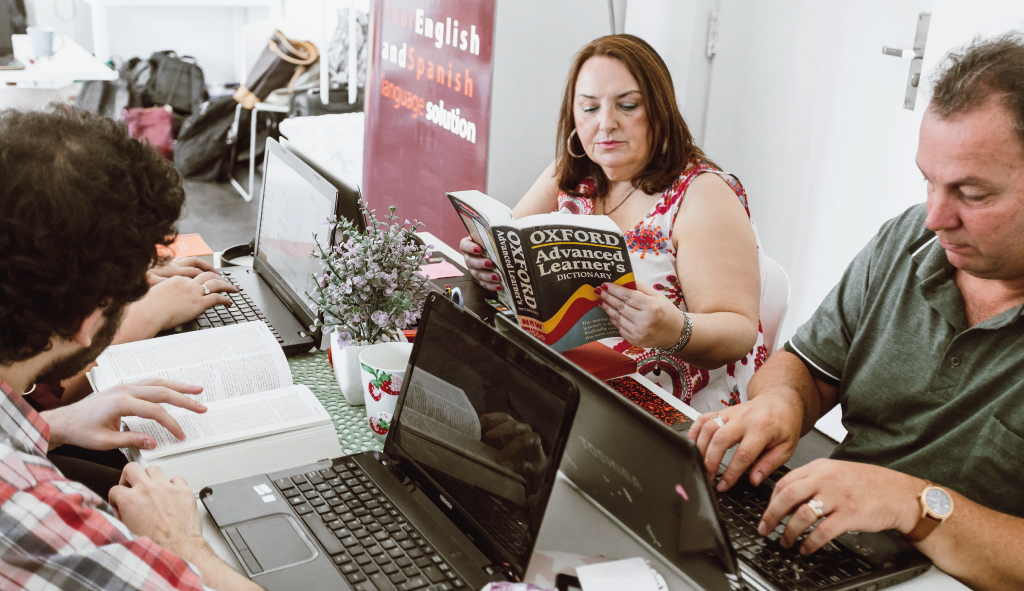In the world of linguistics, days can be unpredictable and projects layered with varied complexities. A quality Project Manager (PM) calms the chaos with coordination, teamwork, planning, and control techniques. These critical thinkers play an essential role in a project’s overall success. PMs are essentially the gatekeepers to most translation and localization assignments.
A Day in the Life of a Translation Project Manager

There is no daily routine for a PM. Every workday presents a new set of requests, challenges, and hurdles. PMs are the crucial link between the linguistic team and the AM. If translators ever have ambiguity about a project, the PM escalates those questions to the AM. The AM then takes those inquiries to the client to receive further clarification.
It is the responsibility of the PM to smoothly navigate various teams through every phase of a project. This includes the TEP Process, a cornerstone to most of our company’s projects and workflows. Organization and attention to detail are key to ensuring every task is accomplished in a timely manner.
A Translation Project Manager’s Core Skills
PMs are faced with a variety of unique challenges to resolve throughout a project. One of their most valuable skills is the ability to anticipate and manage risk. At times, projects don’t go exactly as planned. An effective PM knows how to analyze the brief, identify areas of the project most vulnerable to errors, and develop a plan to avert risk.

“We do our best to put ourselves in the translators’ shoes and predict any potential mistakes or misunderstandings they may have,” explained Cintia Iorgi, PM for Terra Translations.
Another skill PMs must possess is the ability to effectively communicate. Using various channels, they must confidently convey clear instructions to a team of linguists across multiple time zones. If sending multiple files, PMs must provide comprehensive notes so the wrong content does not get translated. With fairness and goals in mind, PMs need to appropriately address the “needs” of clients and the “challenges” of translators. For example, if a translator needs further explanation about strategy that might affect the translation, the PM must find answers and quickly get him or her up to speed so no time is lost.
Lastly, it’s highly important for PMs to have technical skills specifically as it relates to linguist software. They often utilize Translation Management Software (TMS) and Computer Assisted Translation (CAT) tools to oversee the process. These technologies are constantly integrating and advancing so it’s vital for the PM to keep up with the evolution of the tools. When translators have issues with their CAT tools, the PM must step in to quickly find a resolution as deadlines draw closer.
The Relationship Builders
The core of a PM’s position is the ability to have a genuine connection with people. These relationships develop by the fluid communication and rapport the PM creates with both the client and the linguists.
“The relationships I’ve built is the best part of my role,” said Iorgi. “At Terra, we take pride in the supportive network and welcoming work culture that we’ve cultivated.”









